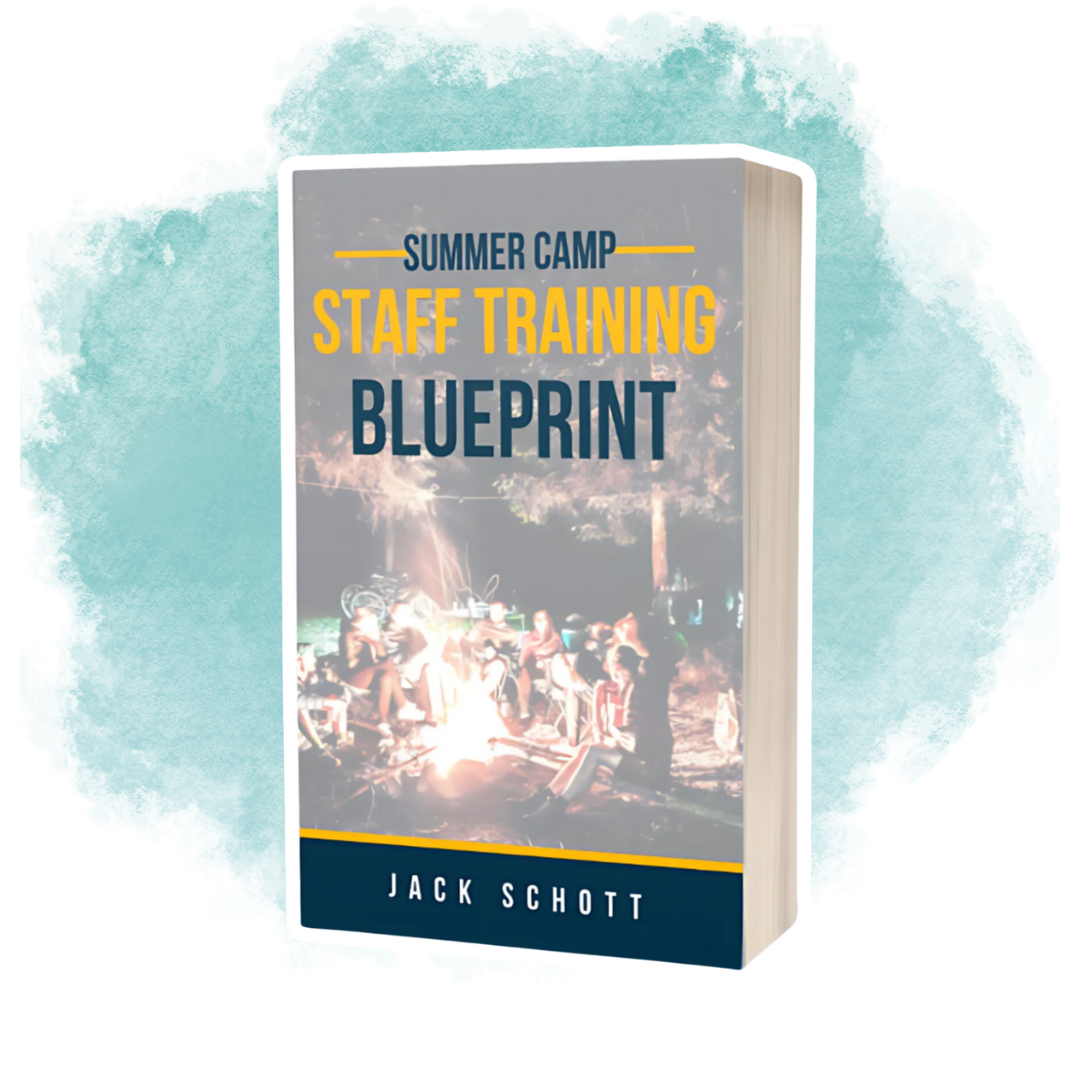How being a camp counselor made me a better medical student
By Dr. Jessa Miller
While the majority of my pre-med classmates spent their undergraduate summers working in research labs and shadowing physicians, I was off playing Euchre with 10-year-olds and teaching canoeing classes. From the ages of 14 to 21, I spent every summer at Ann Arbor YMCA Camp Al-Gon-Quian.
During the second semester of my junior year of college, I met with a physician at the University of Michigan to discuss my medical school application and solicit his advice for my summer plans. I explained to him that I worked in a microbiology lab during the school year, which is why I assumed it was acceptable for me to continue spending my summers on the shores of Burt Lake at camp, rather than sitting at the lab bench. He was genuinely shocked by the fact that I wanted to continue working at camp, and his advice to me was to instead find a research position for the upcoming summer.
Disheartened, I went home, did some soul searching, and talked to those who know me best: my family and friends. I ended up going against that physician’s advice and went to camp that summer as the Health Officer, a decision I would make again in an instant. Looking back on my years at Camp Al-Gon-Quian, there are several lessons I learned and skills I honed while working there that enhanced my ability to care for patients during medical school—here are a few:
1. Have empathy.
This is one of the most common phrases we hear in medical school. From the beginning of our first year, we are taught how important it is to be empathetic towards our patients, however this is quite a difficult skill to teach. As a camp counselor, you have to deal with a myriad of problems that arise. From consoling a child who didn’t get any dino-nuggets at lunch to listening to a camper describe her struggle with depression—it was through these interactions that I learned to put myself in the shoes of others and fully grasped the meaning of empathy.
2. Stay calm.
If you can survive campout with 20 eight-year-olds running around using their s’mores sticks as swords, you are ready to take on the hospital wards.
3. Talking to parents takes a unique skillset.
Although parents at camp are generally very excited to hand over their kids for a few weeks, while parents in the hospital are rightfully scared and anxious, working at camp taught me that interacting with parents brings its own set of challenges. Despite this, if you take the perspective that you both have their child’s best interest in mind, it generally makes for a much smoother discourse.
4. Don’t forget to laugh.
Jokes and goofing off are commonplace at camp, however in the hospital it’s easy to get so wrapped up in your work that you forget to enjoy it the practice of medicine. Doctors need to have fun too, and my experiences at camp help me to remember that.
5. The work doesn’t stop even when you’re tired.
At camp, I worked 137 hours per week. Yes, you read that correctly. Medical students and residents have 80-hour work week restrictions, so although the work I did at camp was usually more fun and less stressful than working in the hospital, being a counselor certainly prepared me to work long hours in medical school.
So, to anyone wondering if they should get a “real job” instead of working at camp, I challenge you to think twice about your decision. The skills you learn as a counselor can be translated to virtually any other line of work, and may even give you a leg up when you enter your final career path.
Dr. Jessa Miller is a recent graduate of the University of Michigan Medical School. Next up? She’s headed to UCLA for her Otolaryngology-Head and Neck Surgery residency.
Editor’s note: She remains one of the best camp staff members I have ever knowN!

Ready to Elevate Your Summer Camp Staff Training?
Empower your camp staff with the tools they need for success.
Visit our dedicated training site for expert resources, training modules, and more.


